Palermo is the capital city of Sicily, Italy, and it has a rich and diverse history.
- Ancient Origins: Palermo was founded by the Phoenicians in the 8th century BC, making it one of the oldest cities in Sicily. It was later ruled by various civilizations, including the Greeks, Romans, Byzantines, and Arabs, each leaving their mark on the city’s culture, architecture, and traditions.
- Arab Influence: During the Arab rule in the 9th and 10th centuries, Palermo flourished as a center of culture, learning, and trade. The Arabs introduced innovations in agriculture, irrigation, and architecture, and their influence is still evident in the city’s historic buildings and street layout.
- Norman Conquest: In the 11th century, Palermo was conquered by the Normans, who established the Kingdom of Sicily. Under Norman rule, Palermo experienced a period of cultural and artistic flourishing, with the construction of magnificent palaces, churches, and cathedrals, including the famous Palermo Cathedral and the Palatine Chapel.
- Medieval and Renaissance Period: Palermo continued to thrive as a multicultural and cosmopolitan city during the medieval and Renaissance periods, attracting artists, scholars, and merchants from across Europe and the Mediterranean.
- Spanish Rule: In the 16th century, Sicily came under Spanish rule, and Palermo served as the capital of the Kingdom of Sicily within the Spanish Empire. The Spanish influence is evident in the city’s architecture, cuisine, and traditions.
- Baroque Splendor: Like many cities in Sicily, Palermo underwent significant reconstruction in the Baroque style following a devastating earthquake in 1693. Many of the city’s most beautiful churches, palaces, and public squares date from this period.
- Modern Era: Palermo has faced various challenges in the modern era, including economic hardship, organized crime, and social unrest. However, in recent years, the city has undergone a revitalization, with efforts to preserve its historic heritage, promote tourism, and improve infrastructure and quality of life for residents.
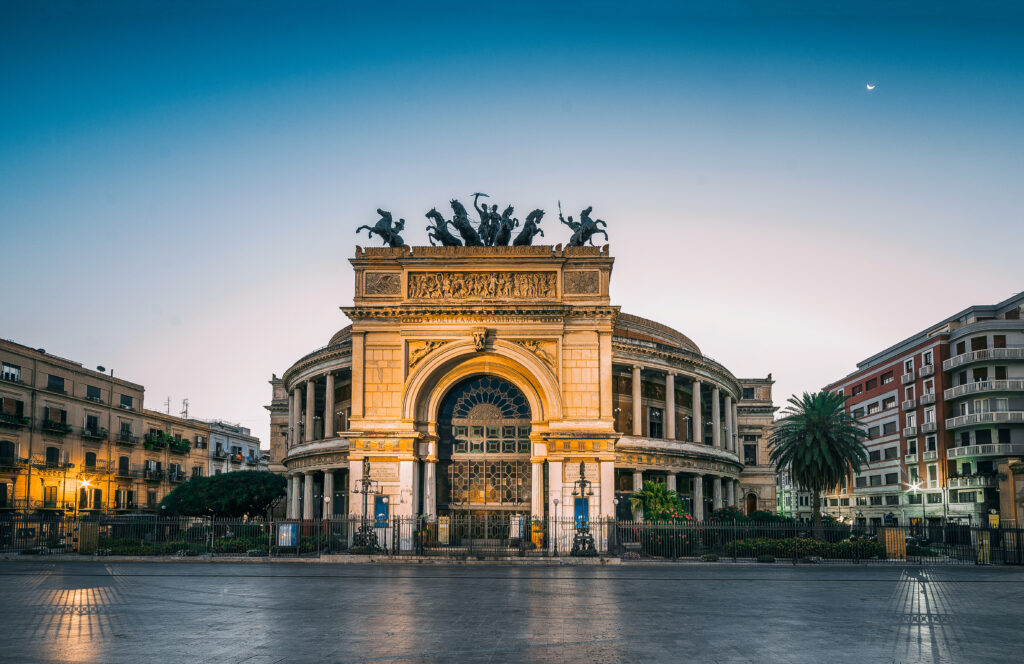
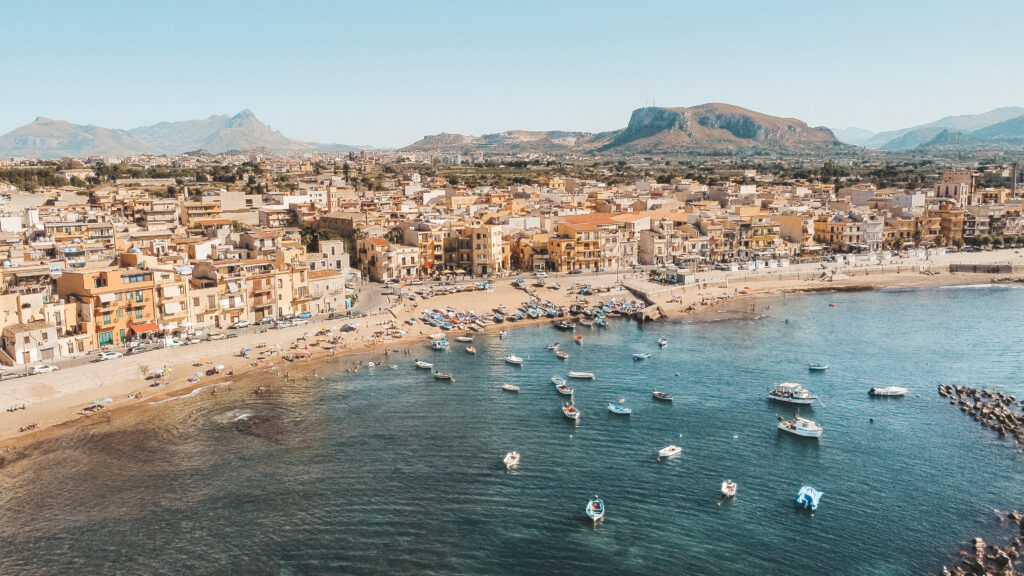
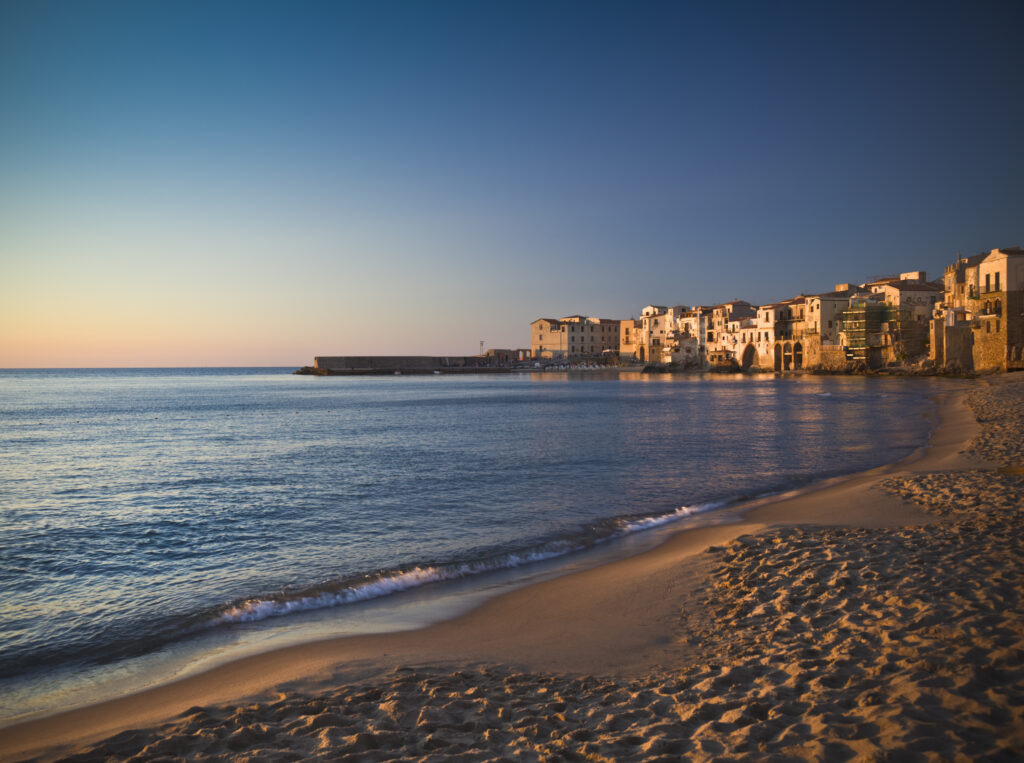
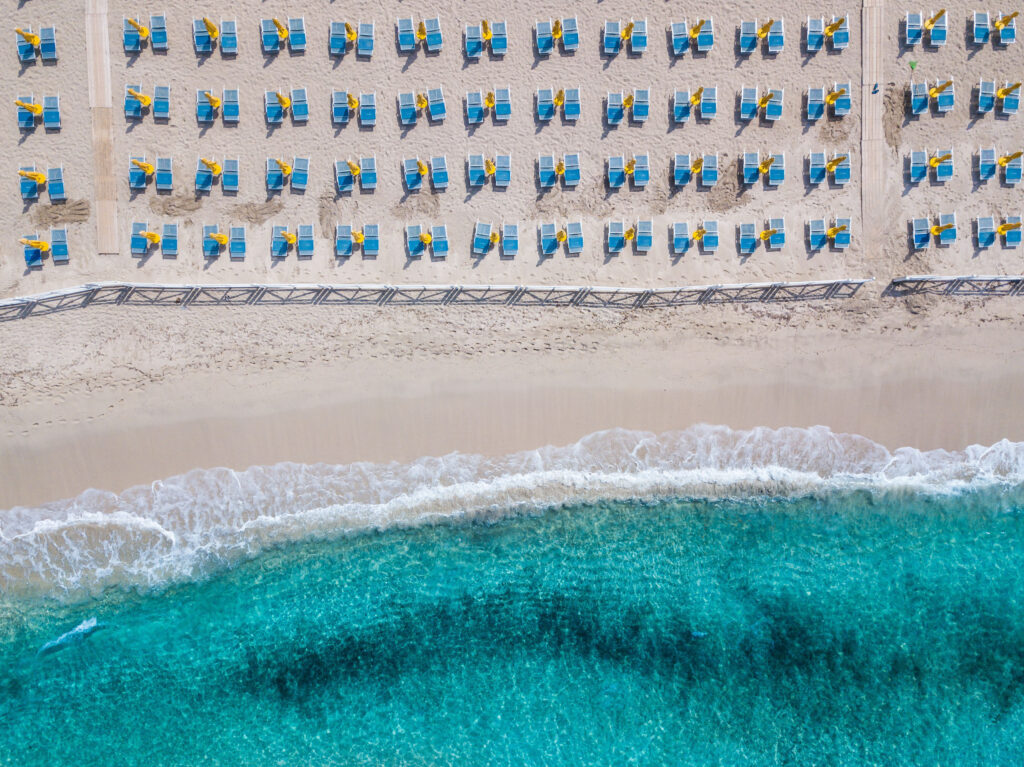
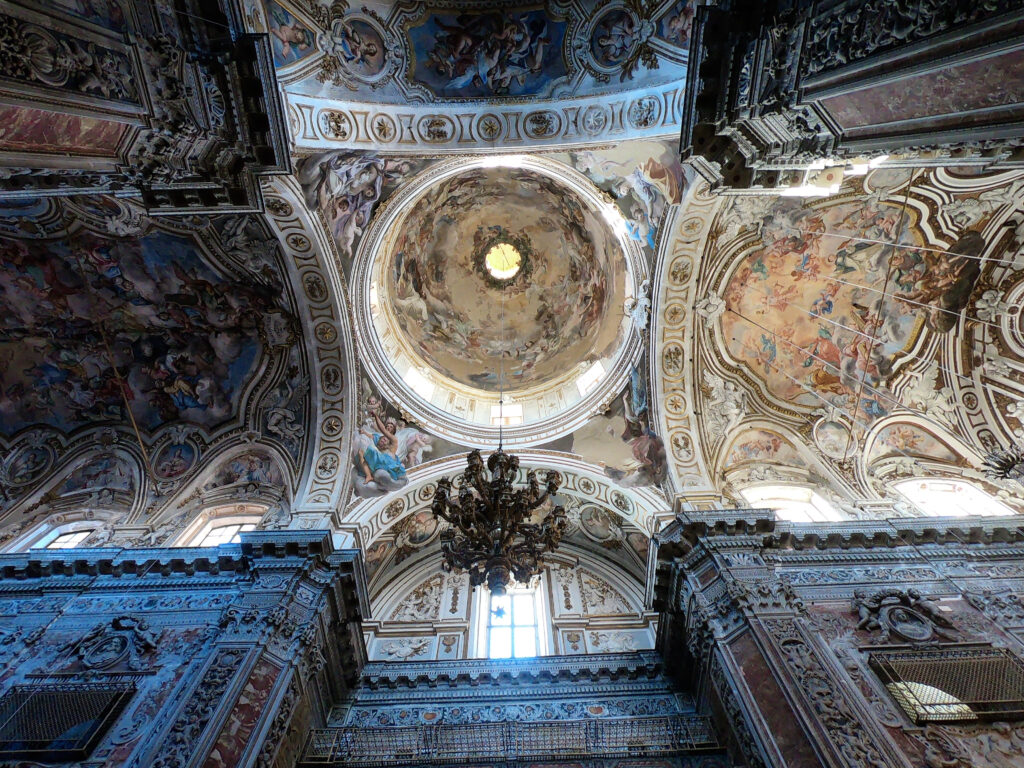
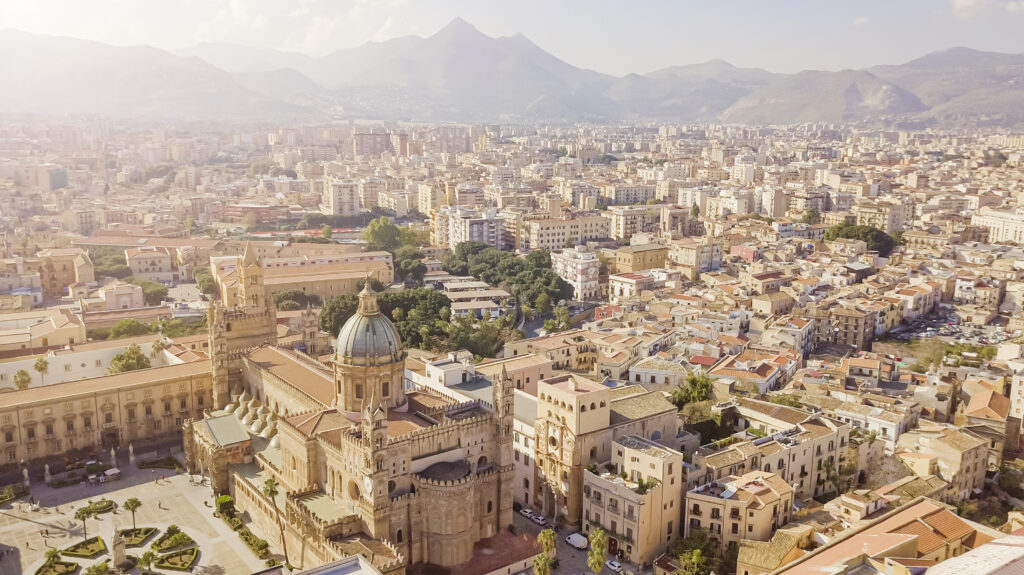
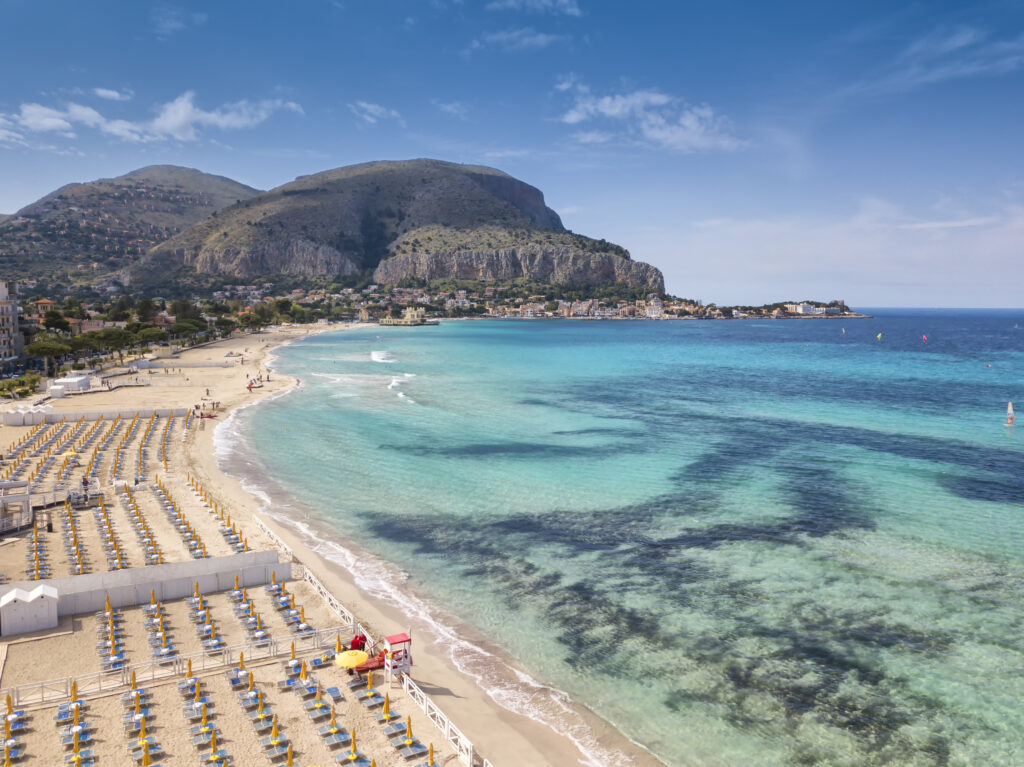
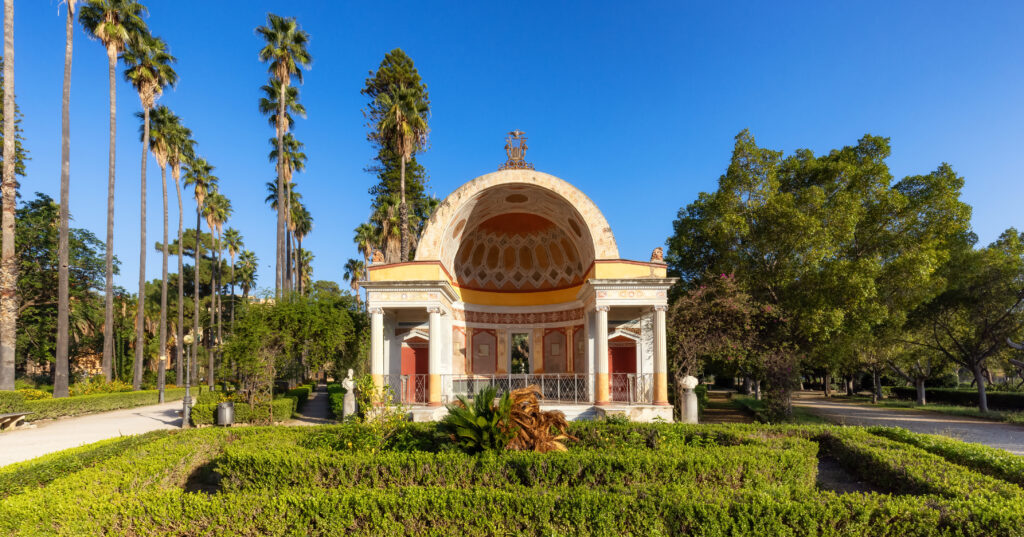
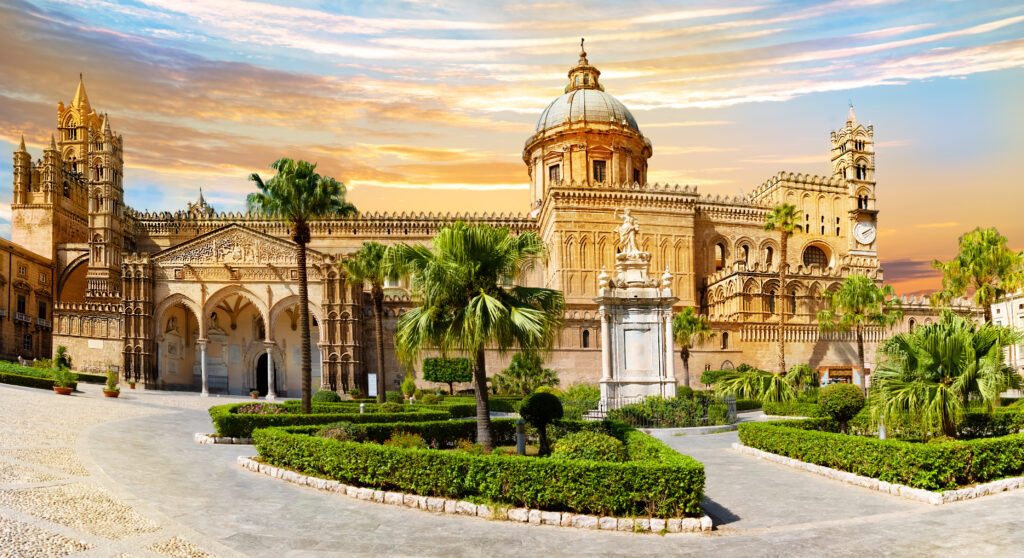
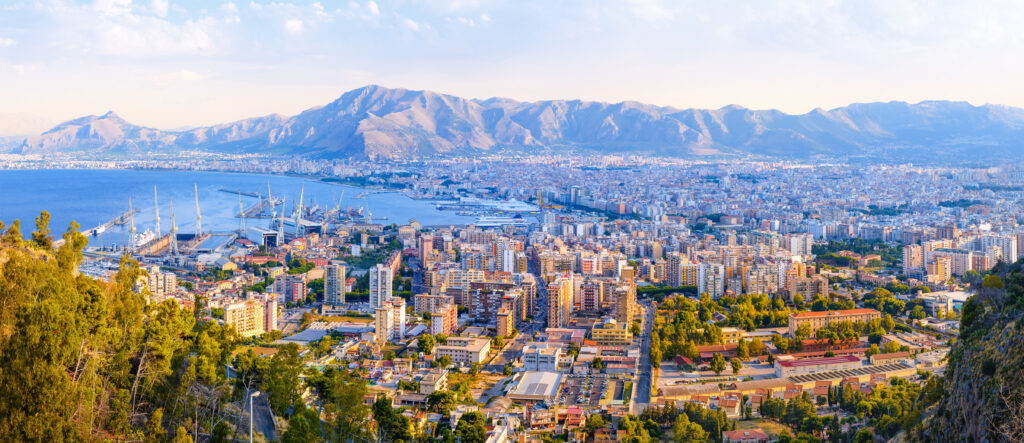
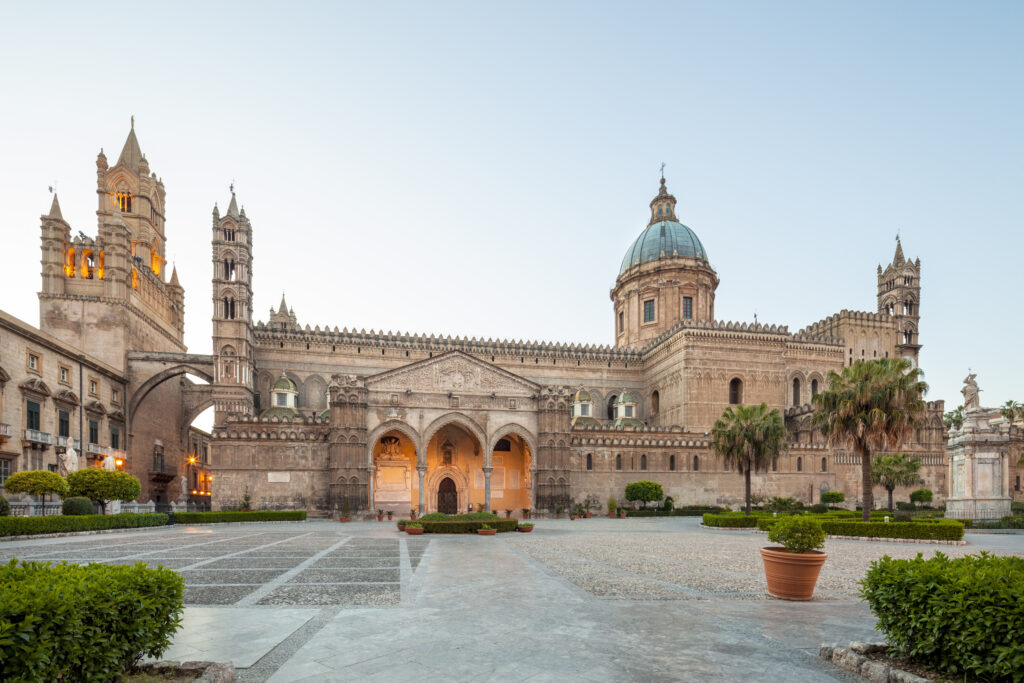
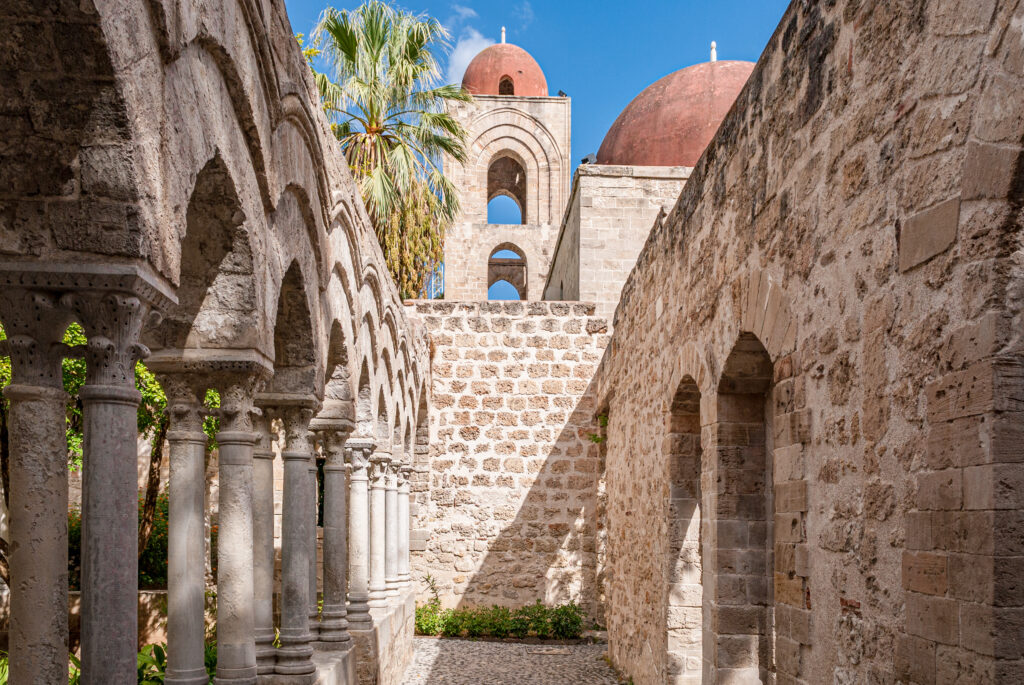
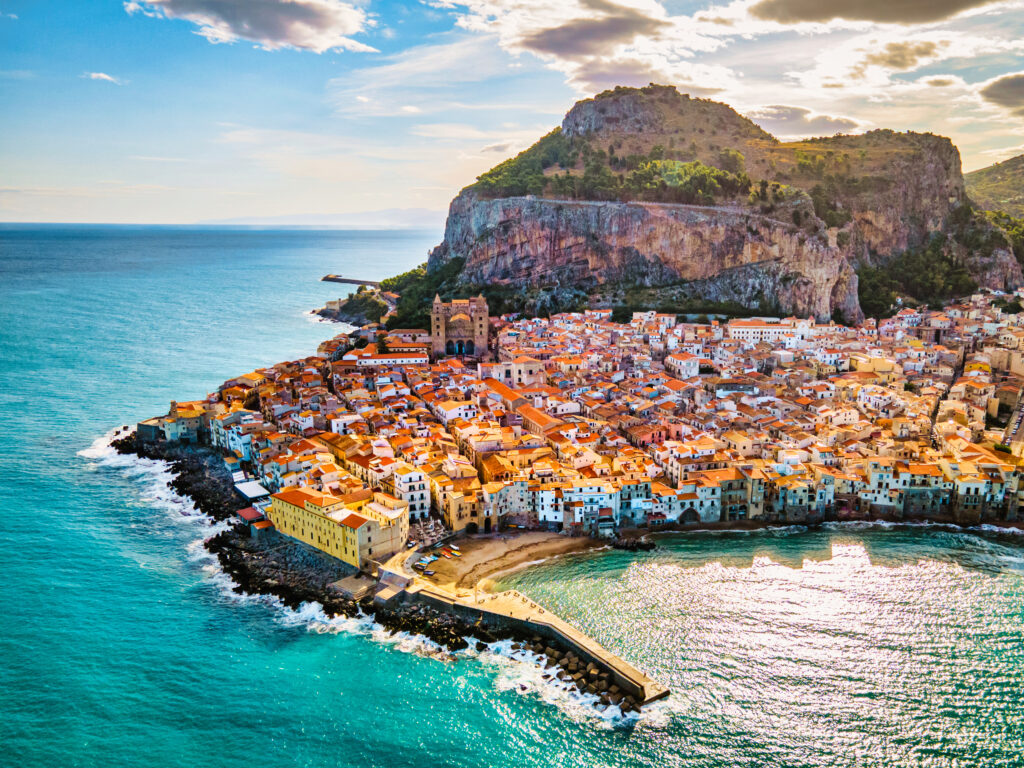
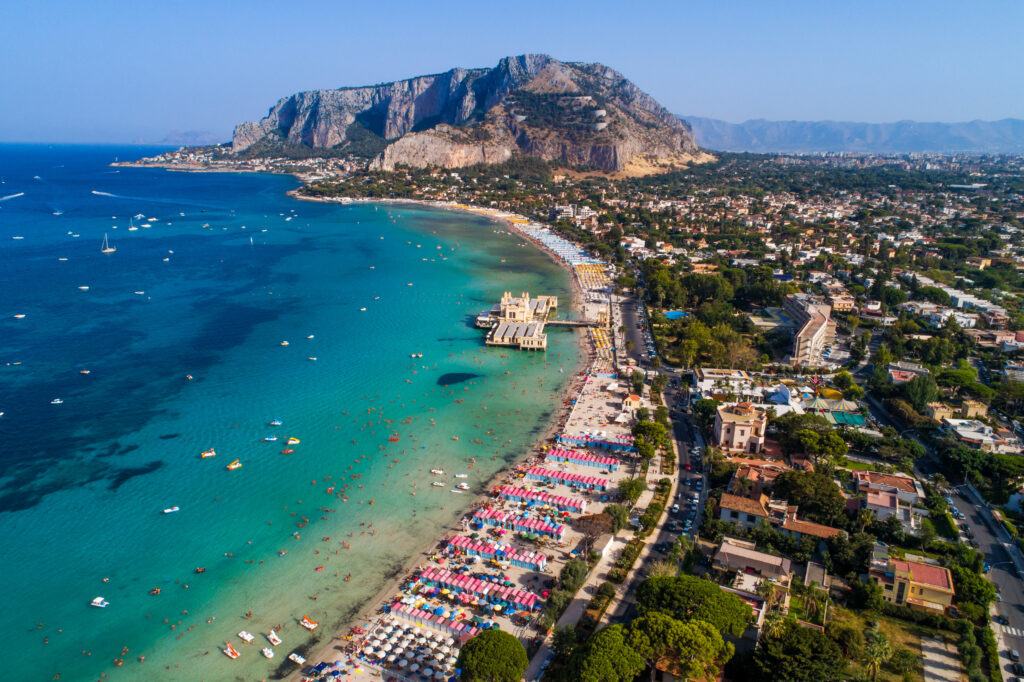
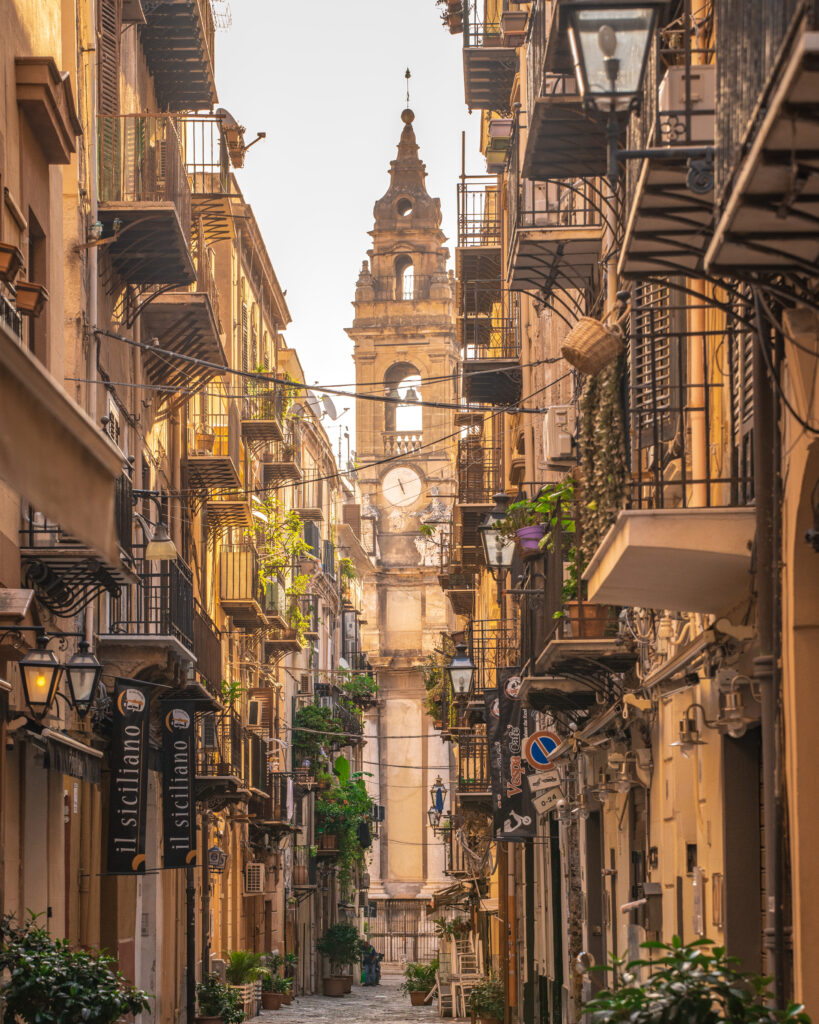
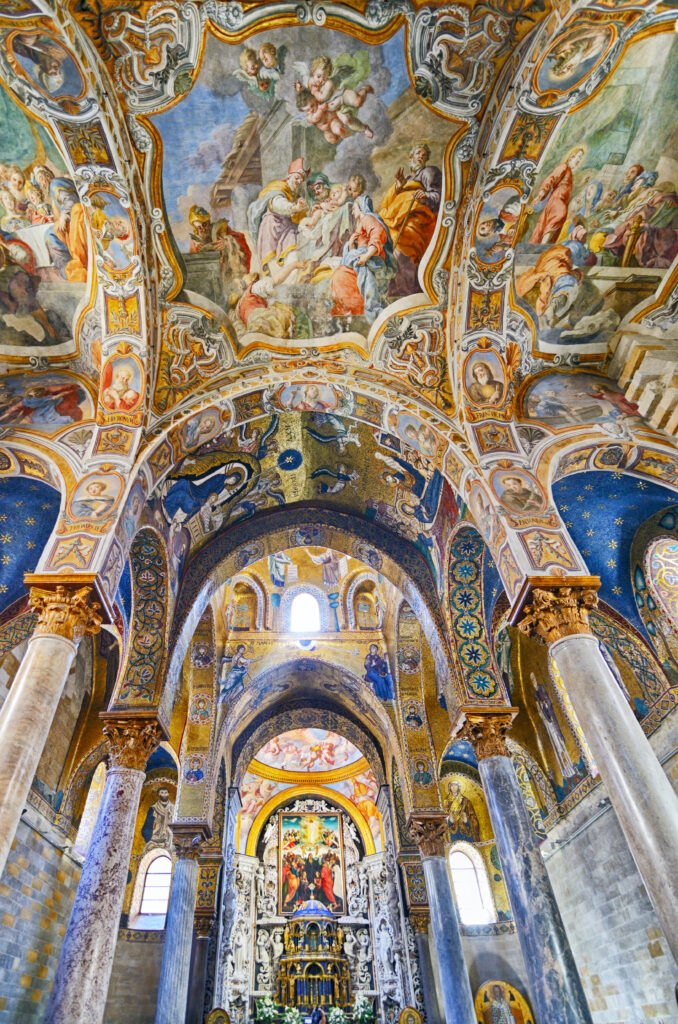
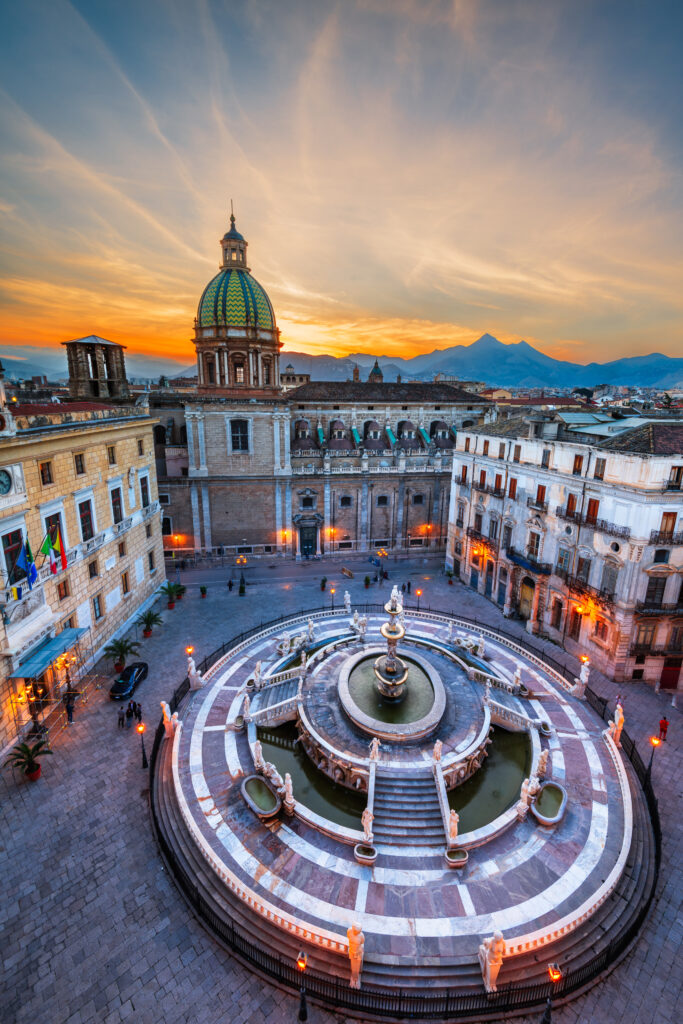
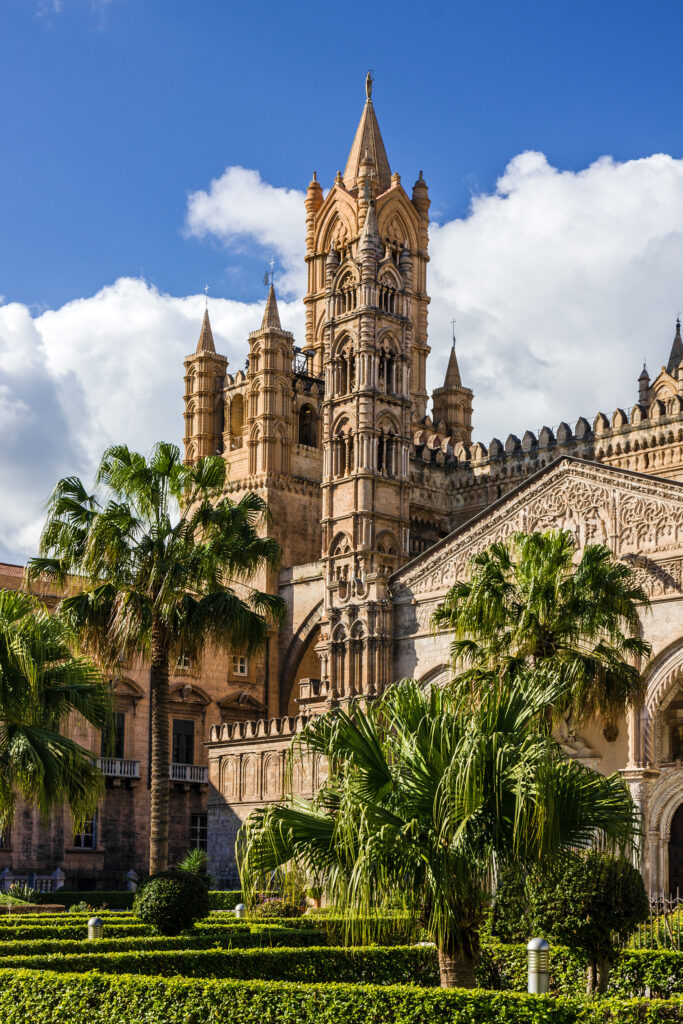
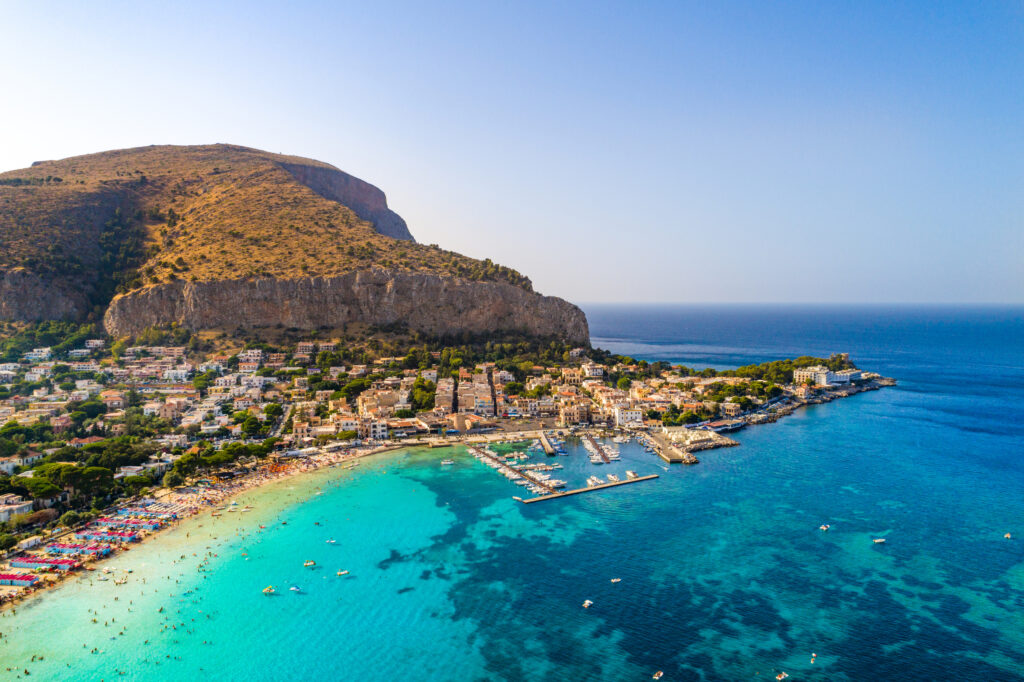
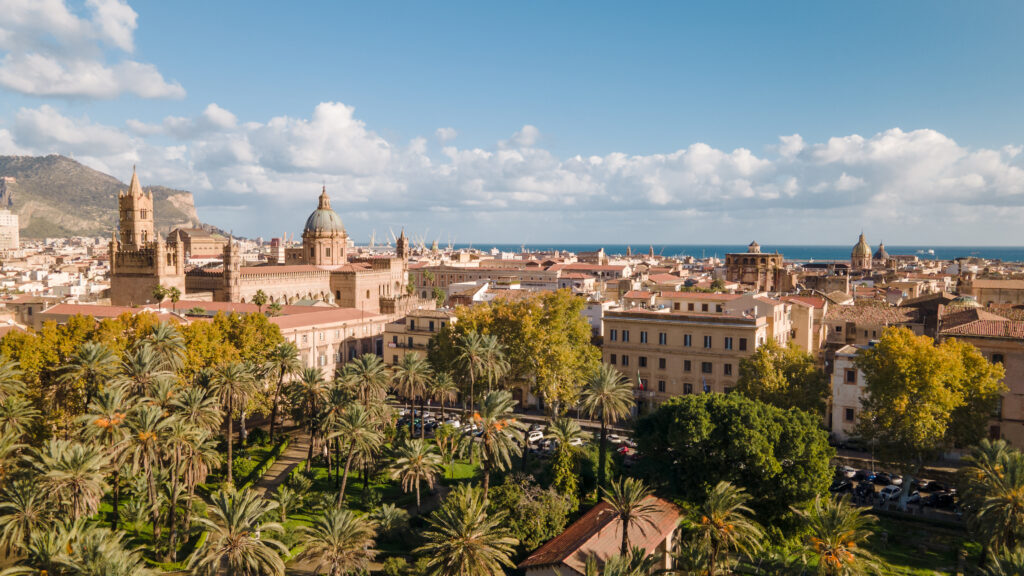
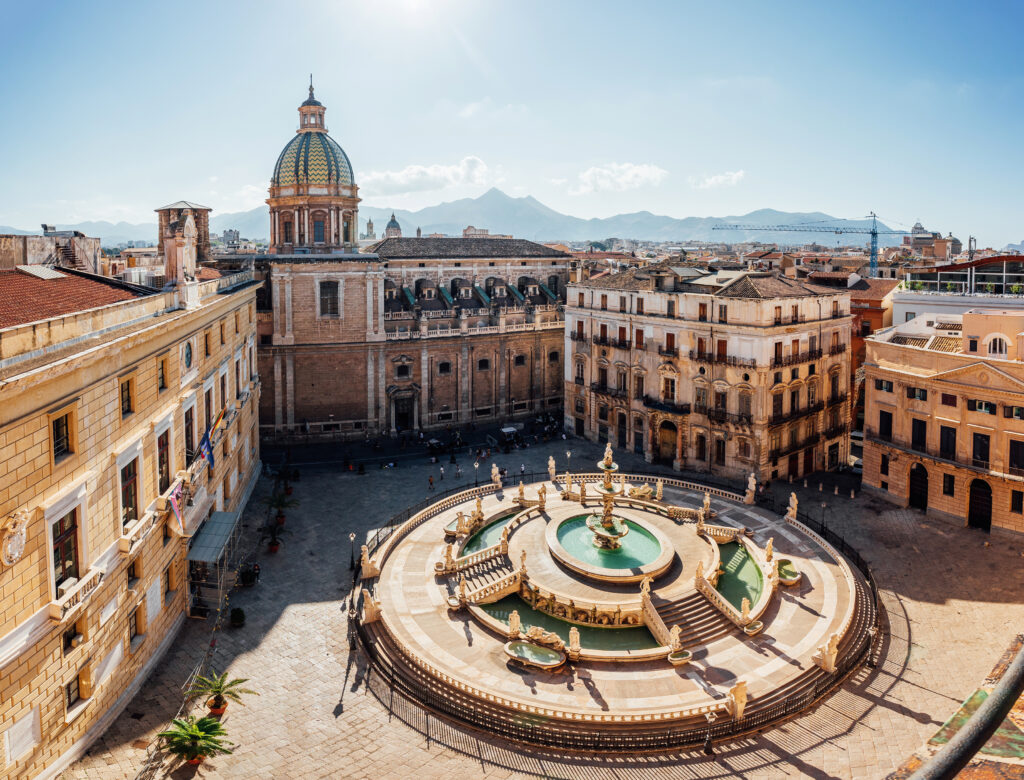
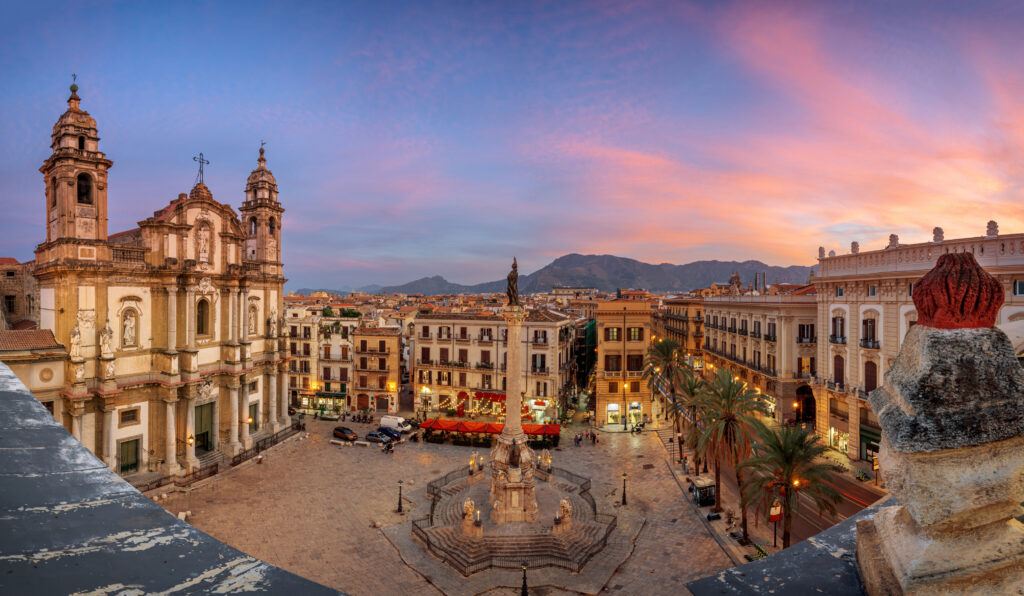
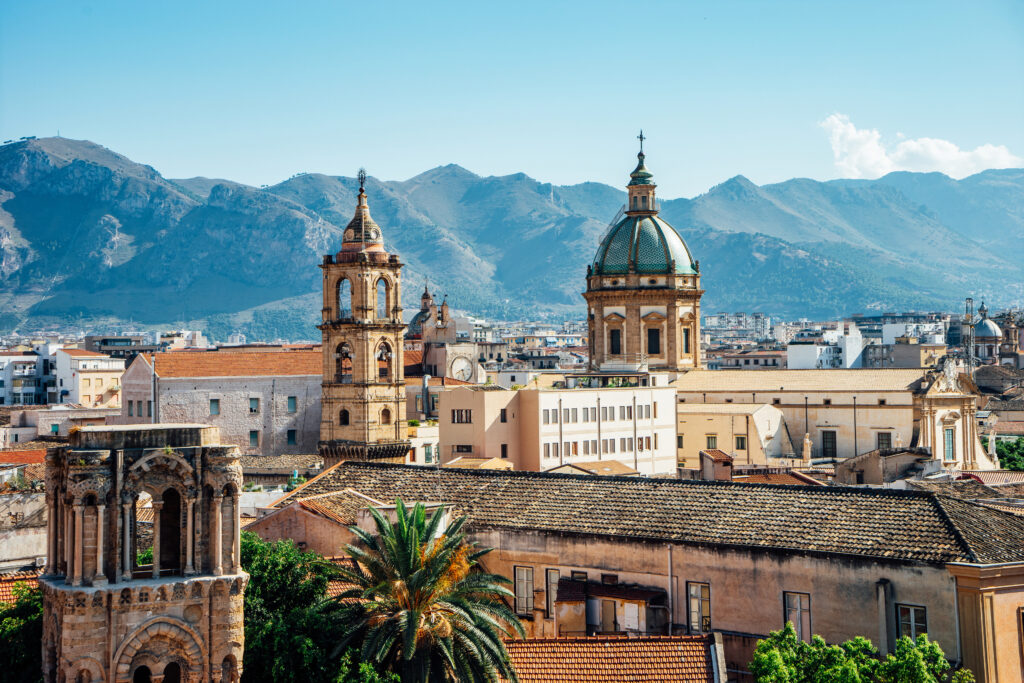
Today, Palermo is a vibrant and dynamic city, known for its rich history, stunning architecture, lively street markets, and delicious cuisine. It attracts visitors from around the world who come to explore its cultural treasures and experience the unique charm of Sicilian life.
Find places and hotels in Palermo.
Find more Europe gems.
